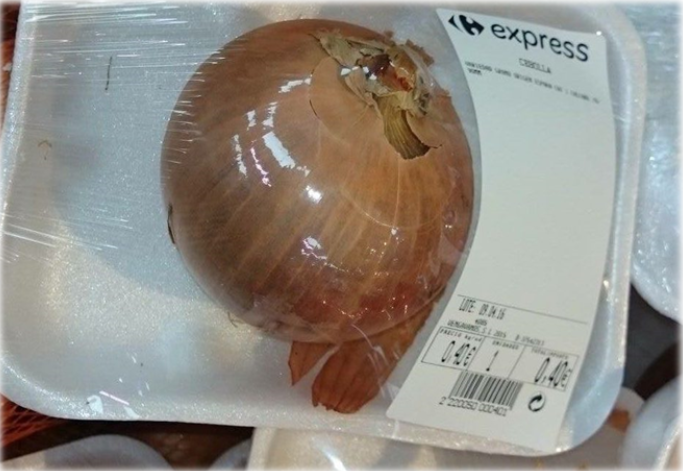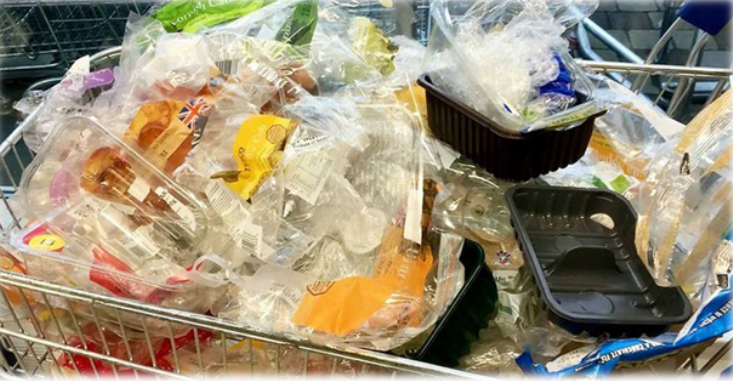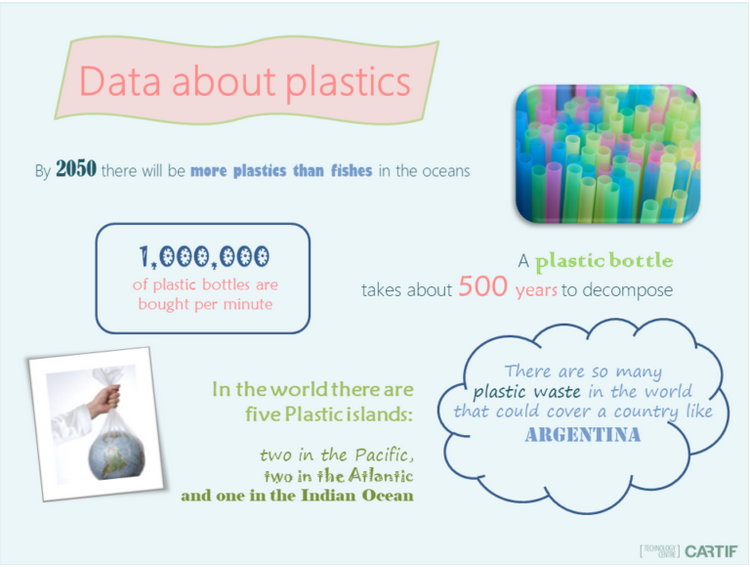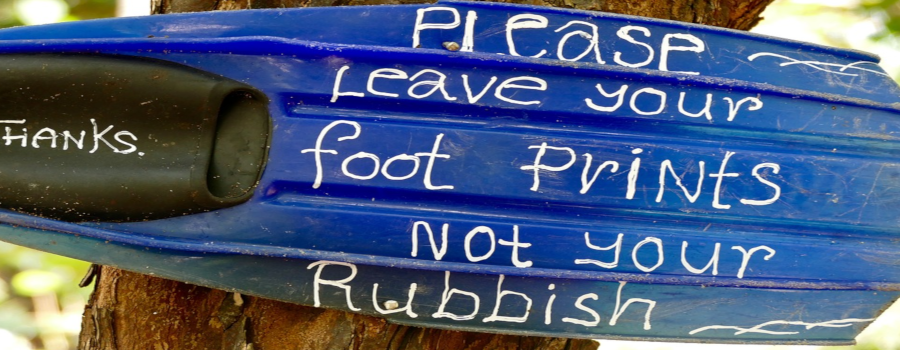Oceans have become plastic soups and garbage patch, where 8 millions of tonnes of plastic are discharged every year and consequently remains floating in the seas, moreover tonnes of this material are accumulated in dumps. Plastic gets to forests, rivers and are found in the farthest nooks of the planet.
This residue in which we are drowning and for what we are the only responsible ends up in the environment through different ways but the origin is always the same, the unnecessary and excessive use that humanity has made of this material since it was popularized in the 50’s.

Our life has been overrun by plastic, we use it daily and in every activity (clothes, kitchen, cleanliness…). In many cases, plastic is necessary and difficult to replace, but other times it is unnecessary and a sustainable alternative which does not jeopardize the environment exists.
More and more people are aware of the problem that this waste represents, and claim for a radical change that involve management and government policies, but also a lifestyle change, from the production to the way we consume. Several initiatives are being launched by collectives and individuals to encourage responsible and sustainable consumption, respectful with the planet.
The same though has crossed everones minds’ when our trash bins fill to overflowing everyday and nobody wants to contribute to this squander and unnecessary use of plastics. One of the most ridiculous uses is the fresh food plastic packaging, being very striking in fruits and vegetables. Is it necessary to protect with trays and plastics oranges, bananas, onions, etc? NO, their skins and peels are the best protection they have against spoilage. Have we become so lazy not to peel garlic, cut a tomato in half or an apple in dices so that these products have to be over-wrapped this way? (Real examples view in supermarkets)

This same consideration was launched in the Spanish blog “La Hipótesis de Gaia” some months ago, by Isa its author, who proposed making photos of fruits and vegetables with ridiculous plastic packaging under the hashtag #desnudalafruta (“nake the fruit”) and spread them through social media. Other similar actions with the same aim are #BreakFreeFromPlastic or #RidiculousPlastic.
“Plastic attack” is a kind of organized event where angry customers, after taking and paying for groceries in shops, free them from plastic packaging, put every waste together in fully trolleys and give them back to supermarkets with the only aim of showing that food can be bought without creating waste.
But the first step for reducing plastic waste is the self thinking, being aware of the use and overuse that we make of plastic and avoiding buying unnecessary things or purchasing non contaminant alternatives. Groceries in bulk, cloth bags for shopping, not to use disposable plastics searching others options. We can start saying goodbye to disposable cutlery and straws, plastic containers, bottled water, etc. ..we already have more sustainable and less contaminant options available in the market. This initiative is a good example.

However, some plastics are difficult to replace, or it doesn’t exist an alternative nowadays. In this case, R&D is taking the initiative to the development of bioplastics, polymers that come from natural resources and which are biodegradable.
Bioplastics are produced from biomass, agricultural by-products or even from used plastic bottles and other containers. These materials are processed by microorganisms and through their fermentation they are converted in monomers that will be used to obtain new polymers like PLA and PHA (polilactic acid, and polihidroxialcanoate acid) from which all kind of products can be made: packages, bags, plastic films, etc.
This kind of material is a promising alternative to fossil-fuel plastics so they are biodegradable and they are derived from renewable raw materials. Current research and new technologies are allowing getting bioplastics with the same properties and applications that the plastic obtained from fossil-fuel sources.
In short, research in new plastics and in more environmentally friendly processes will be our allies to make a planet more sustainable, but only if they are accompanied by a change in our lifestyle, being more responsible in our consuming way and in our relationship with the environment.
- Fermentation, travel partner - 5 July 2024
- A pilot experience with a constructed wetland - 23 August 2018
- Plastic planet - 3 July 2018
